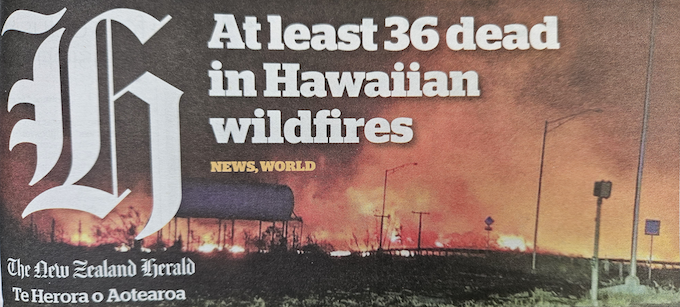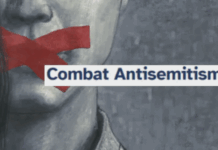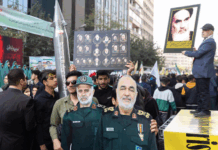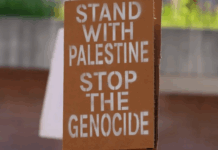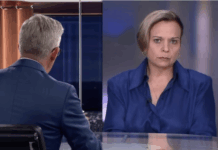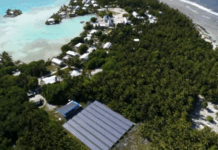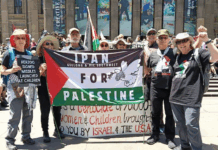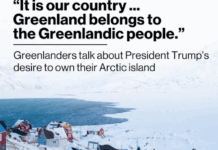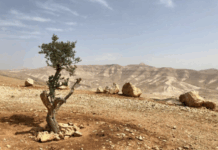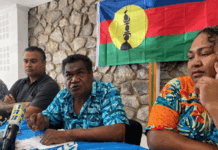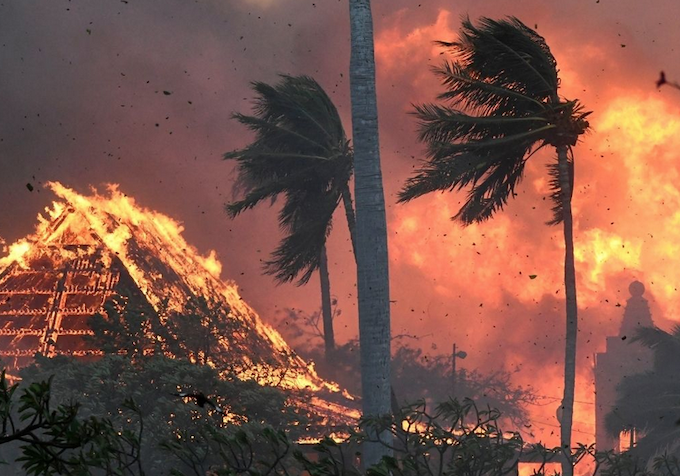
By Felix Walton, RNZ News reporter
A New Zealander on holiday in Maui says the wildfires devastating the Hawai’ian island are unlike anything he has seen before.
Deadly wildfires on Maui prompted a county-wide state of emergency, and several brush fires have also caused evacuations on Hawai’i Island.
Officials say at least 53 people have died and more than 270 buildings have been damaged or destroyed, the BBC reported.
US President Joe Biden declared a major disaster in the state of Hawai’i, meaning the federal government will provide funding to assist state and local recovery efforts.
Canada-based New Zealander Tim Hoy, who was on holiday in Maui, said powerful winds fuelled the fires as they spread.
“We’re located in between two fires right now, and the wind forces have been nothing like I’ve witnessed before,” he said.
“I’ve spent a lot of years in Wellington, it’s stronger than what you’d see on the strongest day in Wellington.”
Hundreds of NZers in Hawai’i
House of Travel chief operating officer Brent Thomas said hundreds of New Zealanders were on Hawai’i when the fires started.
“It’s a very popular destination, particularly given it’s winter in New Zealand,” he said.
“We’ve got hundreds of people up there at the moment, but obviously not all of them are impacted.”
🎥WATCH: On-air view of Hawaii County after the fire incidents. #Hawaiiwildfires #mauifire #Hawaiifire #MauiWildfires pic.twitter.com/5lf8vvvjOM
— Forsige Breaking News (@ForsigeNews) August 10, 2023
Hoy said one of the fires was under control, but the other was still raging.
“They’ve done a great job of controlling one of the fires,” he said.
“The other one, it’s completely wiped out a township and it’s unable to be contained.”
Maui County estimated more than 270 buildings had been damaged in the fires.
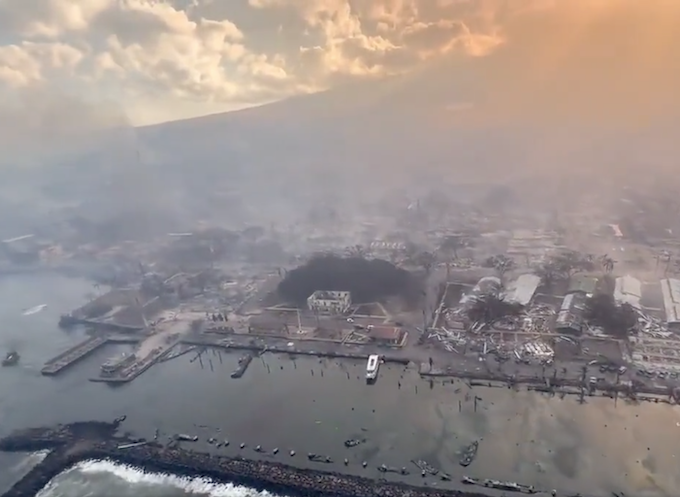
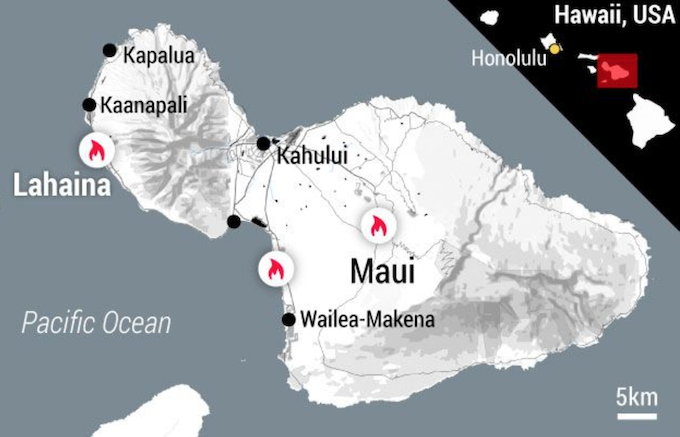
“My daughter’s friend, her family’s house was burned down,” Hoy said. “They’re currently a few miles down the coast staying at accommodation there.”
Lāhainā devastated
The fire on the island’s west coast tore through the town of Lāhainā. Hoy said everyone there was told to evacuate.
“The area that got wiped out was a major tourist destination, and everyone’s been asked to leave Maui if they can,” he said. “So they’ve headed to the airport, and there’s people in shelters.”
Hawaii wildfires scorched land ‘like an apocalypse’
The wildfires began on Tuesday and spread quickly, fuelled by strong winds generated by Hurricane Dora#Hawaiiwildfires pic.twitter.com/CqG6o8Y5er— Uelinton Arakaki (@ArakakiUelinton) August 10, 2023
Hawai’i Tourism Authority public affairs officer Illihia Gionson said Lāhainā, which was once the capital of the Kingdom of Hawai’i, had historic and cultural importance.
“One of the most historic towns on Maui, Lāhainā, is for all intents and purposes burnt to the ground,” he said.
“Little left there other than ash and rubble, lots of older buildings [made of] wood. So it appears a lot of those landmarks are gone.”
Gionson said the safety of tourists was vital, but local residents needed the most support.
“We think about the importance of assisting visitors in getting out, to free up those resources and attention for the thousands of residents whose homes were affected, whose businesses were affected, whose livelihoods were affected,” he said.
“We’re keeping them front and centre in our thoughts and prayers.”
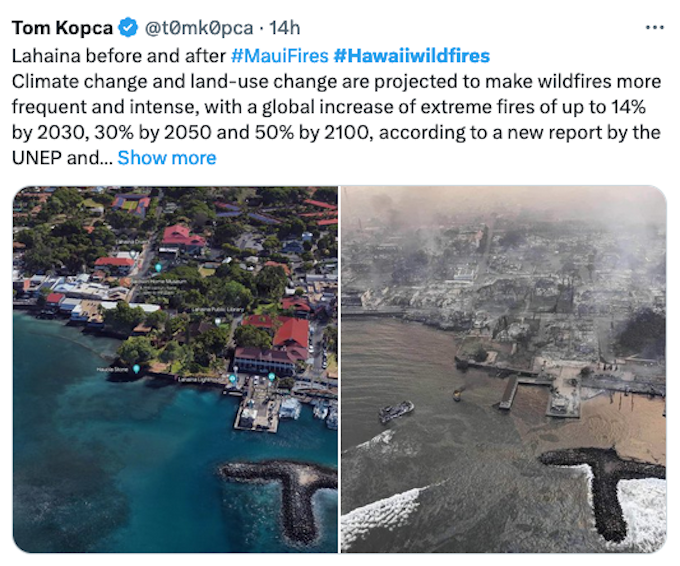
Victoria University Pacific Studies lecturer Dr Emalani Case, who was born in Hawai’i, said residents of Maui should come first.
She urged would-be tourists to stay away while the island recovered.
“A really important message to come out of what’s unfolding right now is: don’t go to Maui,” she said.
“If you’re planning a trip, don’t go there. The resources and the energies and the money on that island right now really needs to go to the people who are living there and who are going to have to struggle for a while.”
Dr Case said it was an emotional time for all Hawai’ians.
“It’s so hard to be so far away,” she said. “I don’t even think we know the scale of it all yet, but just watching it online has been heartbreaking.”
New Zealand’s Fire and Emergency said it was prepared to send firefighters to Hawai’i if the US government asked for help.
“We keep in frequent touch with our counterparts in Canada and the US during the northern hemisphere fire season,” a spokesperson said.
“So far we have not received a formal request for assistance from the USA.”
Service delivery wildfire manager Tim Mitchell said fires like those on Maui were extremely destructive.
“They get very hot, we’re talking hundreds or even thousands of degrees,” he said. “Under those conditions they’re just not survivable, and they absolutely consume everything in their path.”
He said it was vital for people to be aware of wildfire risks.
“They will spread faster than what you can outrun,” he said.
New Zealand will enter its own wildfire season within the next couple of months.
Mitchell said a fire could start anywhere and at any time.
“Historically, we wouldn’t have necessarily thought of Hawai’i as a high wildfire risk place, there’s places in New Zealand that we wouldn’t consider high risk,” he said.
“It just goes to show that, if you’ve got the dry vegetation and you get a spark or an ignition, that wildfires can occur everywhere.”
This article is republished under a community partnership agreement with RNZ. Additional reporting by the BBC.
